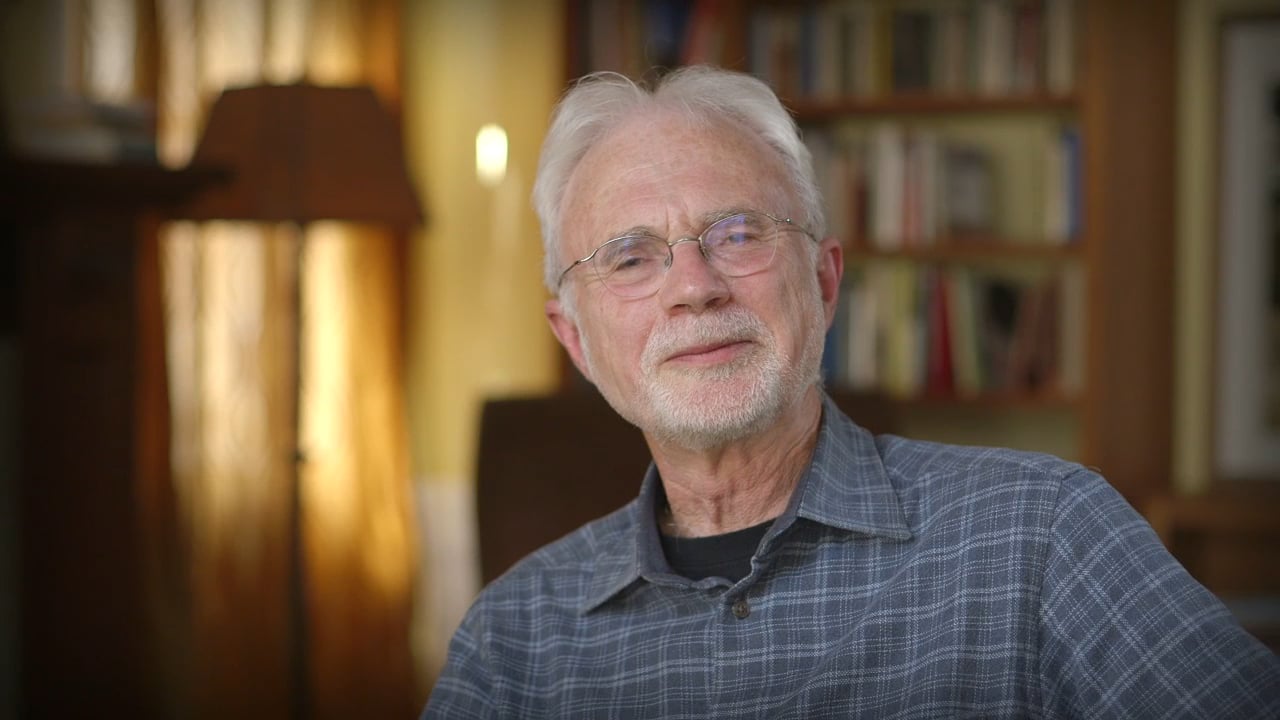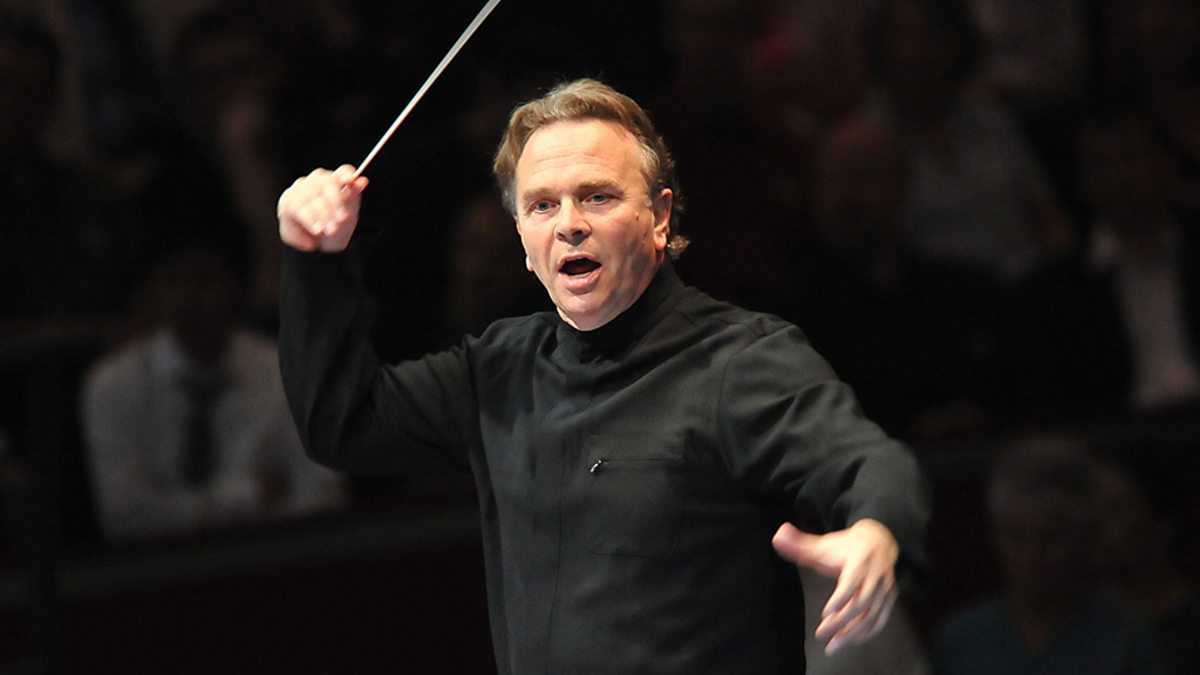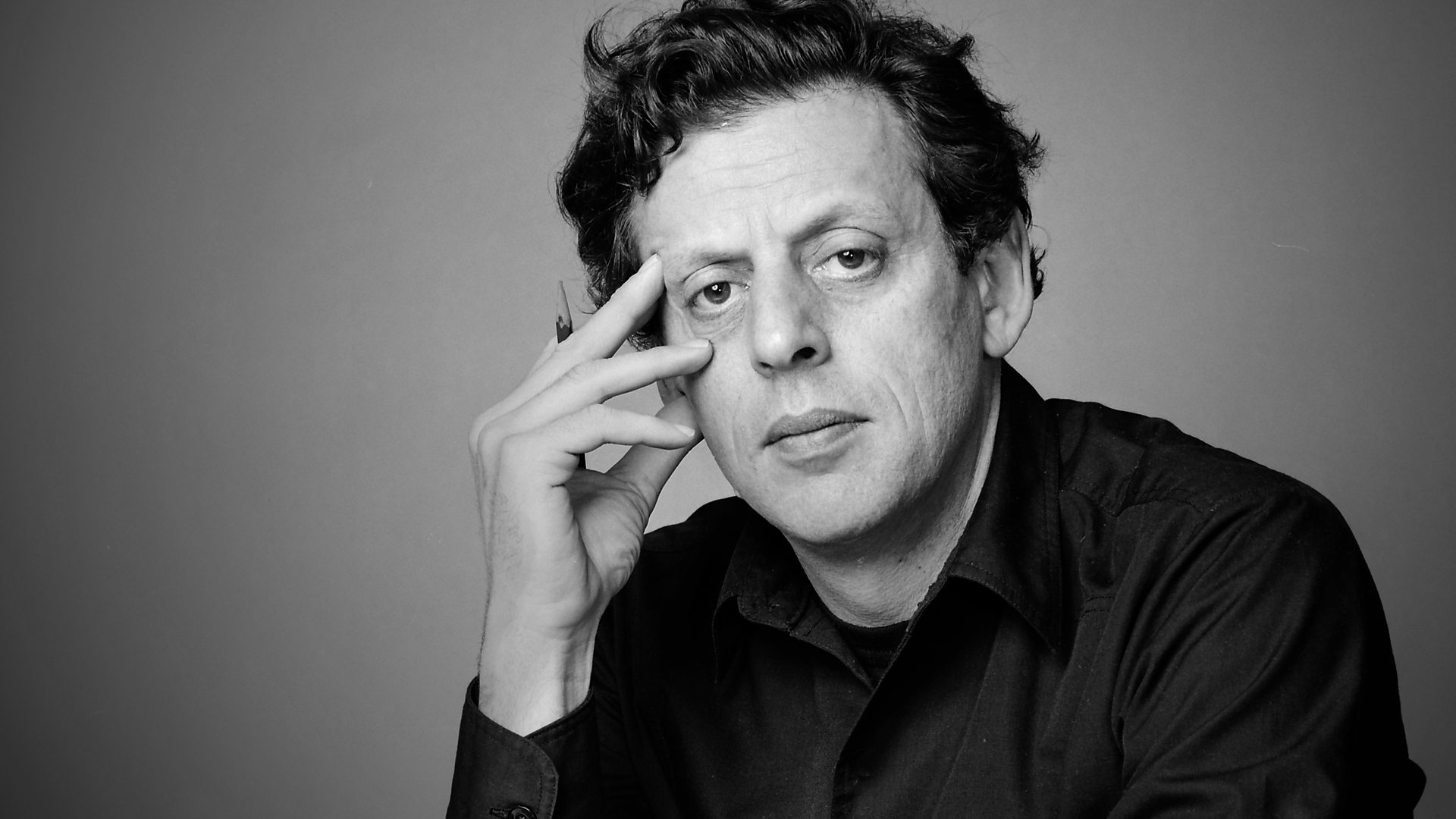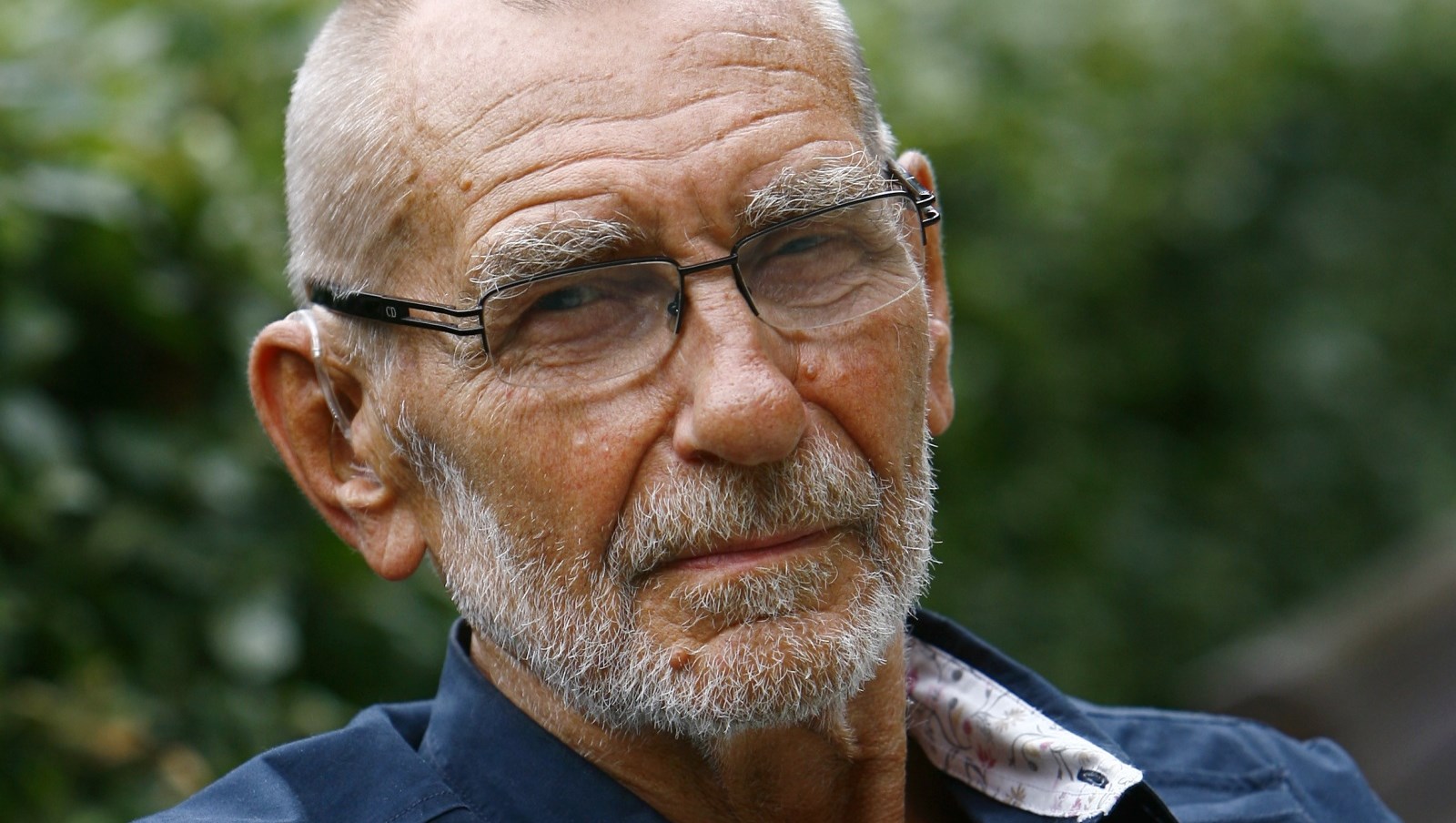John Adams at 70
Today marks the 70th birthday of American composer John Adams. Adams may be the most publicly recognizable face of contemporary American music. More than any other living American composer, he seems to have inherited the mantle once held by Aaron Copland. John Adams’ earliest music, like Phrygian Gates (1977) and Common Tones in Simple Time (1979), grew out of the pulse-based, pattern-oriented minimalism of Steve Reich and Philip Glass. But even these early works seem restless to …







